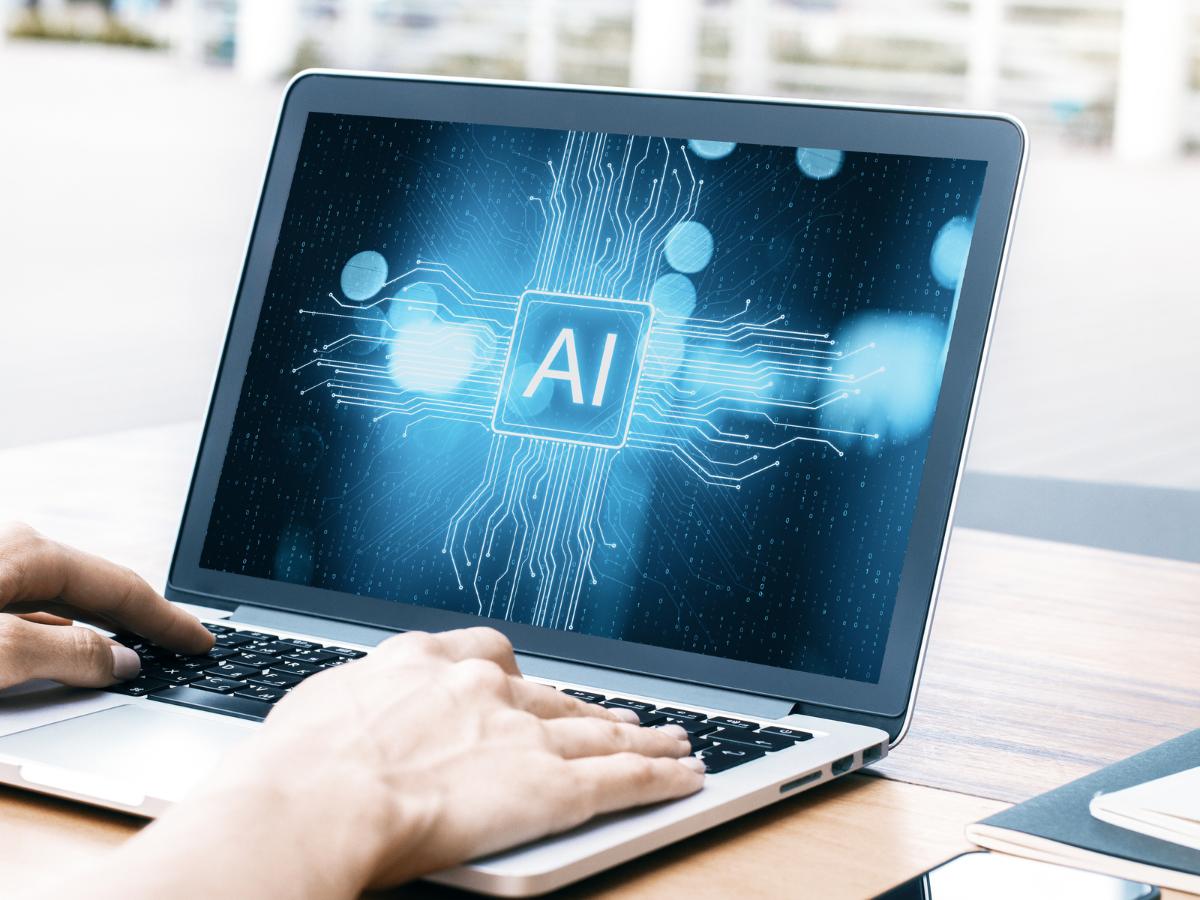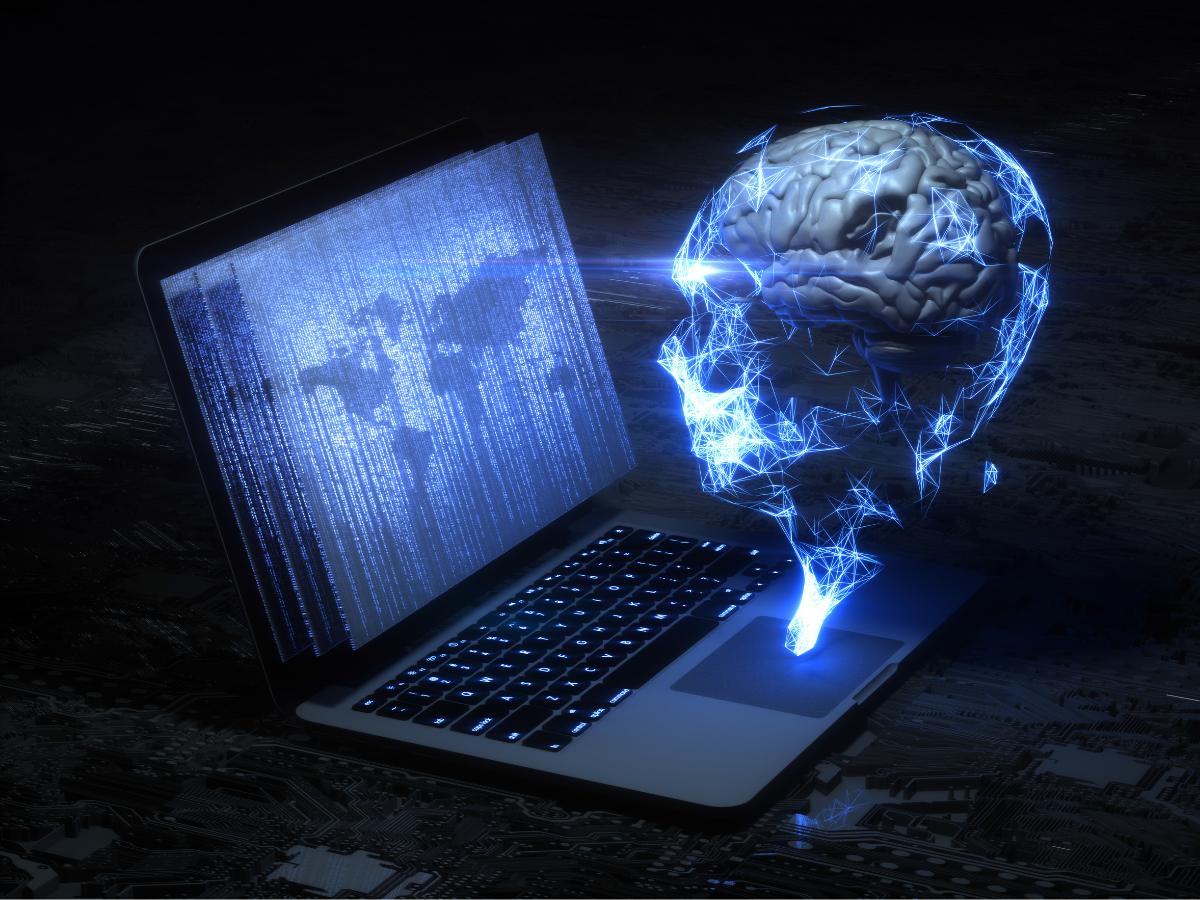Can Supply Chain Management Be Replaced by AI? (Spoiler Alert: Your Job is Safe... Mostly)

Picture this: You walk into your office next Monday morning, and instead of your usual team of logistics coordinators, there's a row of sleek computers humming quietly while managing your entire supply chain operation. Sounds like science fiction, right? Well, hold onto your hard hats, because we're about to dive into the burning question that's keeping supply chain managers awake at night: Can AI actually replace supply chain management?
The short answer? Not entirely – but buckle up, because the landscape is shifting faster than a last-minute route optimization. While your job title might be safe, the way you work is about to get a major upgrade. We're entering an era where AI becomes your most capable assistant, handling the mundane tasks while you focus on strategic decisions that actually move the needle.
Key Takeaways
- AI excels at data processing, pattern recognition, and repetitive tasks but cannot replace human judgment and relationship management
- Specific supply chain functions like route optimization, demand forecasting, and inventory management are prime candidates for AI enhancement
- Human expertise remains irreplaceable for strategic planning, crisis management, and stakeholder relationships
- Agentic AI will create specialized digital workforces that require human oversight and management
- The next year will bring significant changes in how supply chain professionals collaborate with AI systems
- Companies like Shyftbase are pioneering agentic AI integration to enhance rather than replace human capabilities

What AI Actually Rocks At (And Why Your Spreadsheets Are Probably Jealous)
Let's be honest – AI doesn't need coffee breaks, doesn't call in sick on Mondays, and never gets frustrated when processing the 10,000th data point of the day. According to McKinsey research, AI excels at several core functions that make supply chain operations hum like a well-oiled machine.
Data Processing Speed: While you're still waiting for your morning coffee to kick in, AI has already analyzed thousands of shipping routes, weather patterns, and traffic conditions to optimize delivery schedules. We're talking about processing power that makes your best Monday morning feel like slow motion.
Pattern Recognition: AI can spot trends and anomalies in supply chain data that would take human analysts weeks to identify. It's like having a detective who never sleeps, constantly scanning for efficiency opportunities and potential disruptions.
Predictive Analytics: AI algorithms can forecast demand fluctuations, supplier delays, and inventory needs with remarkable accuracy. Gartner reports that organizations using AI for demand planning see forecast accuracy improvements of 20-50%.
Supply Chain Tasks Where AI Becomes Your New Best Friend
Some supply chain functions are practically begging for AI intervention. Here's where artificial intelligence doesn't just match human performance – it absolutely crushes it:
Route Optimization: AI can calculate optimal delivery routes in seconds, considering real-time traffic, weather conditions, vehicle capacity, and delivery windows. While a human planner might create a decent route, AI can simultaneously optimize hundreds of routes while factoring in variables that would make your head spin.
Inventory Management: AI algorithms excel at maintaining optimal stock levels by analyzing historical data, seasonal trends, and market conditions. Supply Chain Brain research shows that AI-driven inventory management can reduce carrying costs by 25-35% while improving service levels.
Demand Forecasting: Traditional forecasting methods rely on historical patterns, but AI considers hundreds of variables including social media trends, economic indicators, and even weather patterns to predict demand with unprecedented accuracy.
Quality Control: Computer vision systems can inspect products faster and more consistently than human inspectors, identifying defects that might slip past even the most experienced quality control specialists.
Supplier Performance Monitoring: AI continuously tracks supplier metrics, delivery performance, and quality indicators, providing real-time insights that help maintain optimal supplier relationships.
Where AI Falls Flat On Its Digital Face
Now, before you start polishing your resume for a career change, let's talk about where AI hits a brick wall faster than a delivery truck in rush hour traffic.
Strategic Decision Making: AI can provide data and recommendations, but it can't understand the nuanced implications of strategic decisions. When you're deciding whether to enter a new market or discontinue a product line, you need human intuition, experience, and understanding of company culture.
Crisis Management: When a major supplier goes bankrupt or a natural disaster disrupts operations, AI might panic-calculate a thousand scenarios, but it takes human leadership to make tough decisions under pressure. Harvard Business Review research emphasizes that human judgment remains crucial during supply chain disruptions.
Relationship Building: Supply chain management is fundamentally about relationships – with suppliers, customers, and internal stakeholders. AI might optimize a contract, but it can't build trust over dinner or negotiate through cultural nuances.
Ethical Considerations: When faced with ethical dilemmas – like choosing between cost savings and environmental impact – AI operates on programmed parameters, but humans navigate complex moral landscapes that require empathy and values-based thinking.
Creative Problem Solving: AI excels at optimizing existing processes, but when you need breakthrough innovation or creative solutions to unprecedented challenges, human creativity and adaptability take center stage.
Welcome to the Age of Agentic AI: Your New Digital Workforce
Here's where things get really interesting. We're not just talking about single-purpose AI tools anymore – we're entering the era of agentic AI, where specialized digital agents work together like a virtual team. Imagine having a crew of digital specialists, each with their own expertise:
Agent Alpha handles real-time route optimization, constantly adjusting delivery schedules based on traffic and weather conditions. Agent Beta manages inventory levels across multiple warehouses, automatically reordering supplies and coordinating transfers. Agent Gamma monitors supplier performance and flags potential issues before they impact operations.
As a supply chain manager, your role evolves from hands-on coordinator to AI workforce supervisor. You're no longer moving individual pieces on the chessboard – you're the strategic commander directing a team of highly specialized digital agents.
This shift requires new skills: understanding AI capabilities and limitations, interpreting AI-generated insights, and making strategic decisions based on AI recommendations. Think of it as the difference between being a solo guitarist and conducting an orchestra.
A Glimpse Into Next Year: The Supply Chain Crystal Ball
Fast-forward to next year, and here's what your typical Tuesday might look like:
You arrive at the office to find that your agentic AI team has already processed overnight orders, optimized delivery routes for maximum efficiency, and identified three potential supply chain risks that require your attention. Your dashboard shows real-time insights from dozens of AI agents monitoring everything from warehouse operations to supplier performance.
Instead of spending hours on routine planning tasks, you focus on strategic initiatives: evaluating new supplier partnerships, developing contingency plans for market expansion, and collaborating with other departments on innovative logistics solutions.
Your AI agents handle the routine decision-making – automatically adjusting inventory levels, rerouting shipments around traffic delays, and even negotiating routine contract renewals within predefined parameters. When complex issues arise, they escalate to you with comprehensive analysis and recommended solutions.
The result? You're more productive, less stressed, and able to focus on high-value activities that actually impact your company's bottom line. Your work becomes more strategic and less administrative, more innovative and less repetitive.
Shyftbase: Pioneering the Agentic AI Revolution
While many companies are still figuring out how to integrate basic AI tools, Shyftbase is already leading the charge in agentic AI for supply chain management. Our platform doesn't just automate individual tasks – it creates an intelligent ecosystem where AI agents collaborate to optimize your entire operation.
Shyftbase's agentic AI capabilities span the full order lifecycle, from initial demand forecasting to final delivery confirmation. Our AI agents handle route optimization, inventory management, supplier coordination, and customer communication while maintaining seamless integration with human decision-makers.
What sets Shyftbase apart is our understanding that AI should enhance human capabilities, not replace them. Our platform is designed to handle the routine, data-intensive tasks that bog down supply chain professionals, freeing them to focus on strategic planning, relationship building, and creative problem-solving.
With features like real-time analytics, automated billing, and intelligent route optimization, Shyftbase users experience the future of supply chain management today. Our agentic AI doesn't just make recommendations – it takes action within defined parameters, continuously learning and improving performance over time.

Frequently Asked Quesions
Will AI completely replace supply chain managers in the future?
No, AI will not completely replace supply chain managers. While AI excels at data processing, pattern recognition, and routine optimization tasks, supply chain management requires strategic thinking, relationship building, crisis management, and ethical decision-making that remain uniquely human capabilities. The role will evolve to focus more on strategic oversight and AI workforce management rather than hands-on operational tasks.
What supply chain tasks are most likely to be automated by AI?
Tasks most suitable for AI automation include route optimization, demand forecasting, inventory management, quality control inspections, supplier performance monitoring, and routine order processing. These functions involve large datasets, repetitive processes, and rule-based decision-making where AI can significantly outperform human capabilities in speed and accuracy.
How should supply chain professionals prepare for increased AI integration?
Professionals should focus on developing skills that complement AI capabilities: strategic planning, relationship management, creative problem-solving, and AI literacy. Understanding how to interpret AI-generated insights, manage digital workforces, and make strategic decisions based on AI recommendations will become increasingly valuable. Continuous learning about emerging technologies and their applications in supply chain management is essential.
What is agentic AI and how does it differ from traditional AI tools?
Agentic AI refers to autonomous AI systems that can independently perform tasks, make decisions within defined parameters, and collaborate with other AI agents to achieve complex objectives. Unlike traditional AI tools that require human input for each task, agentic AI operates more like a digital workforce, with specialized agents handling different aspects of supply chain operations while requiring only high-level human oversight and strategic direction.
In Conclusion
The question isn't whether AI can replace supply chain management – it's how AI will transform the profession into something more strategic, efficient, and ultimately more fulfilling. We're standing at the threshold of a supply chain revolution where human expertise combines with artificial intelligence to create unprecedented operational excellence.
The next year promises exciting developments as agentic AI becomes mainstream, transforming supply chain managers from coordinators to conductors of digital orchestras. Those who embrace this change and develop complementary skills will find themselves at the forefront of a more efficient, strategic, and innovative industry.
The future of supply chain management isn't about humans versus AI – it's about humans with AI, working together to solve complex challenges and drive business success in ways we're only beginning to imagine.
Ready to experience the future of supply chain management today? Discover how Shyftbase's agentic AI platform can transform your operations while keeping you in the strategic driver's seat. Schedule your personalized demo and see firsthand how AI can enhance your capabilities without replacing your expertise. Don't wait for the future – start building it with Shyftbase.
